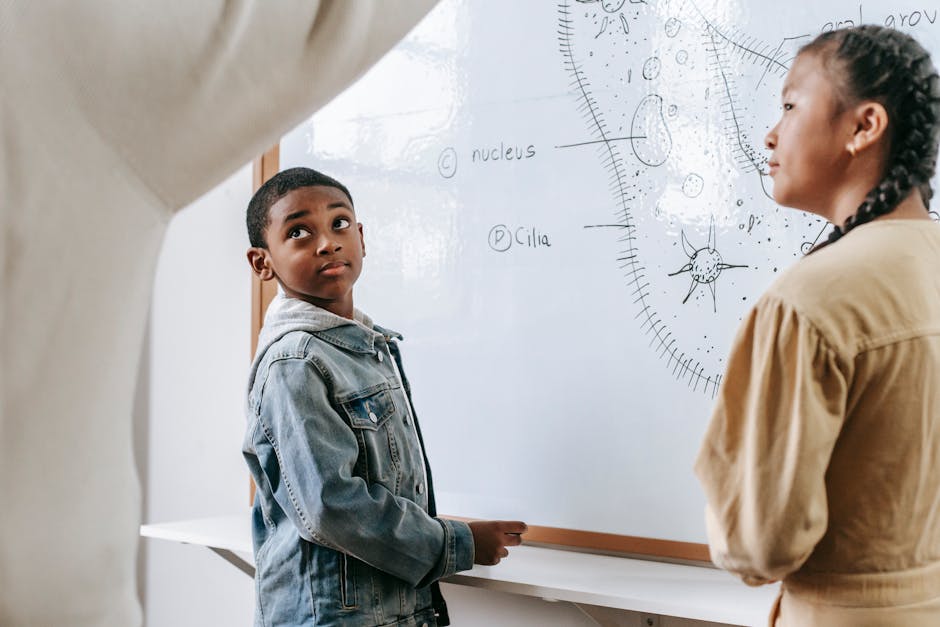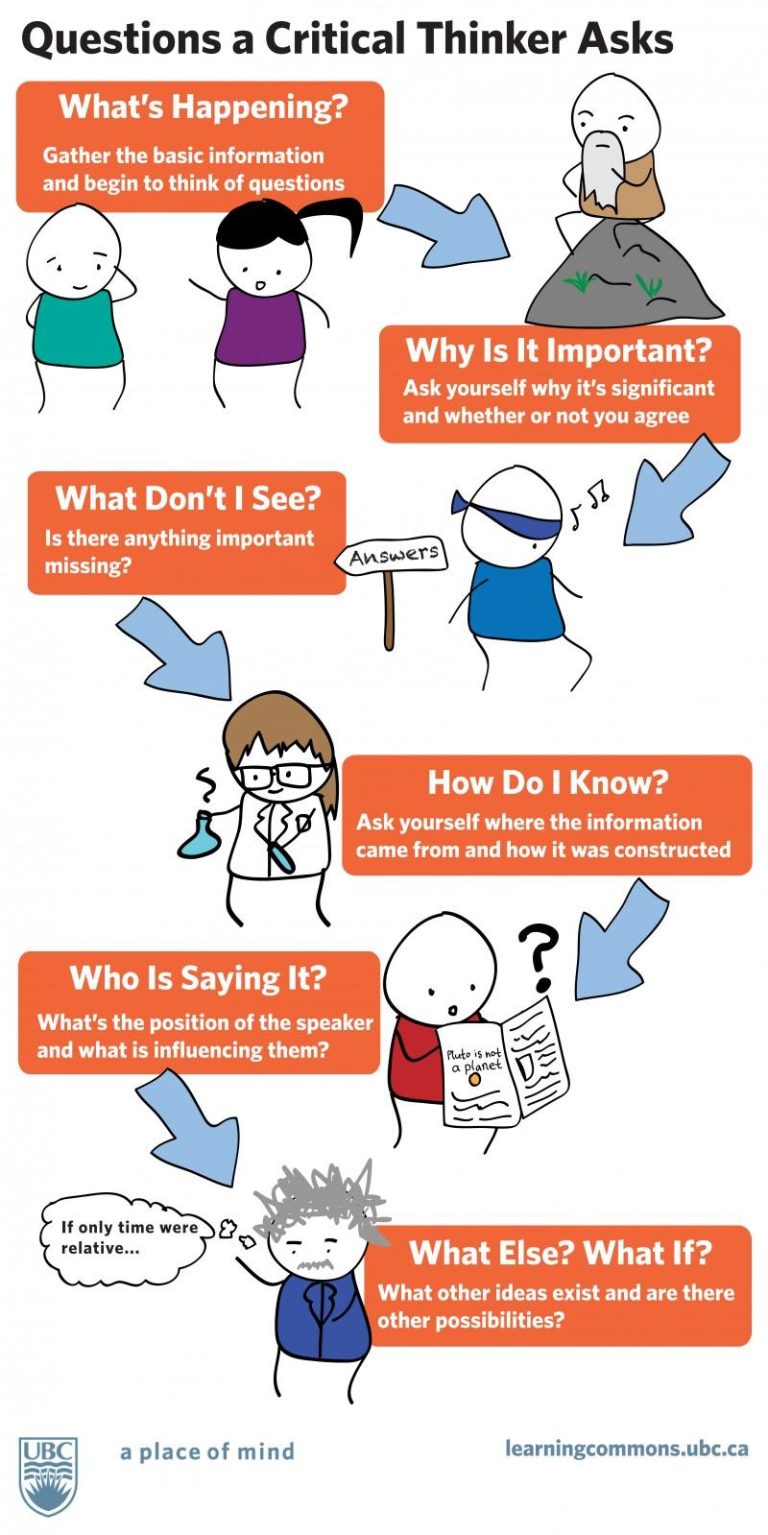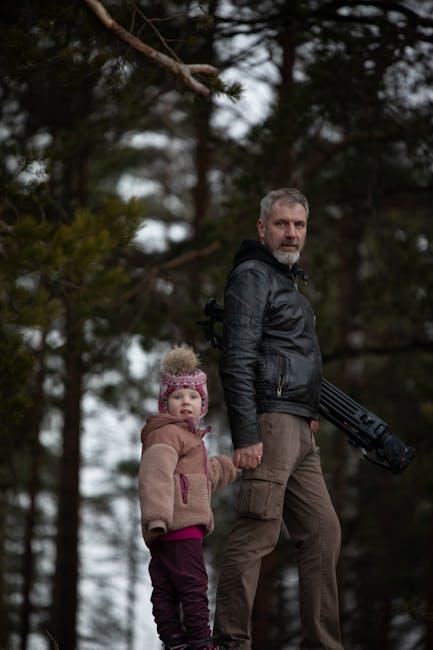Exploring Philosophy with Children

Welcome to the world of pint-sized philosophers! Forget the lofty debates and pretentious pontifications of the academic elite – we’re diving headfirst into the realm of exploring philosophy with children. From pondering the meaning of life to questioning the existence of unicorns, these mini Socrateses are here to challenge everything you thought you knew about philosophy. Grab your thinking cap and get ready for a dose of wisdom from the most unexpected source: the playground.
Overview of Philosophy for Children Program
Philosophy for Children Program is a mind-boggling adventure full of deep thoughts, wild debates, and lots of head-scratching moments. If you’ve ever wanted to know the answer to questions like, ”Why is the sky blue?” or “Do dogs have existential crises?”, then this program is perfect for you.
Imagine a world where kids can ponder the meaning of life while sipping on their juice boxes. That’s exactly what Philosophy for Children Program offers. With sessions that cover topics ranging from ethics to metaphysics, kids have the opportunity to explore the mysteries of the universe in a fun and engaging way.
Participants in the program will develop critical thinking skills, learn how to express their ideas clearly, and gain a deeper understanding of complex concepts. Plus, they’ll have the chance to engage in some friendly debates with their peers, all while expanding their minds and having a blast.
- Expand your child’s curiosity
- Encourage creative thinking
- Instill a love for learning

Benefits of Introducing Philosophy to Children
Philosophy for kids? You betcha! Introducing children to philosophy can have a plethora of benefits that will blow your mind. Here are just a few reasons why getting your little ones thinking philosophically is the way to go:
- Critical Thinking Skills: By engaging in philosophical discussions, children learn to analyze and evaluate arguments, helping them to develop critical thinking skills that will serve them well throughout their lives.
- Empathy and Perspective-Taking: Thinking about big questions can help kids develop empathy for others and see things from different points of view. It’s a crash course in walking a mile in someone else’s shoes!
- Creativity: Philosophy encourages children to think outside the box and come up with imaginative solutions to complex problems. Who knew that pondering the meaning of life could lead to an epic work of art?
So, don’t be afraid to dive deep into the world of philosophy with your mini thinkers. Who knows? They might just amaze you with their philosophical prowess!
Incorporating Philosophical Inquiry into Classroom Curriculum
Teaching philosophy to kids sounds like a daunting task, but fear not! With a little creativity and some out-of-the-box thinking, you can easily incorporate philosophical inquiry into your classroom curriculum. Here are some tips and tricks to get you started:
- Use thought-provoking questions to spark discussions and encourage critical thinking. Questions like “What is the meaning of life?” or “Is it ever okay to tell a lie?” can lead to some truly mind-blowing conversations.
- Introduce your students to famous philosophers like Socrates, Plato, and Descartes. Who knows, maybe one of your students will be the next great philosophical mind!
- Encourage students to think outside the box and challenge conventional wisdom. Remind them that it’s okay to question authority and think for themselves.
With a little bit of creativity and a willingness to embrace the unknown, you can easily incorporate philosophical inquiry into your classroom curriculum. Who knows, you might just inspire the next great philosopher!

Enhancing Critical Thinking Skills through Philosophical Discussions
Have you ever wondered how to sharpen your critical thinking skills? Look no further than engaging in philosophical discussions! These intellectual debates will not only stimulate your mind but also help you think more critically about the world around you.
During these discussions, you’ll have the opportunity to explore various perspectives, challenge your own beliefs, and learn how to formulate compelling arguments. By dissecting complex philosophical concepts, you’ll develop a deeper understanding of logic and reasoning.
Through **active listening** and **thoughtful analysis**, you’ll enhance your ability to think critically and make informed decisions. Plus, engaging in philosophical discussions with others can help you see things from different angles and expand your intellectual horizons.
So, next time you want to boost your critical thinking skills, gather some friends, grab a cup of coffee, and dive into a philosophical discussion. You’ll be amazed at how much your mind can grow through these stimulating conversations!

Promoting Creativity and Imagination in Children through Philosophy
Philosophy is not just for stuffy academics debating the meaning of life over a cup of tea. It can also be a fantastic tool for nurturing creativity and imagination in children. By introducing young minds to philosophical concepts in a fun and engaging way, we can help them think critically, explore new ideas, and see the world in a whole new light.
One way to promote creativity in children through philosophy is by encouraging them to ask questions. Why is the sky blue? What makes a good friend? Why do we dream? By sparking curiosity and encouraging children to think deeply about the world around them, we can help them develop their own unique perspectives and ideas.
Another fun way to foster creativity in children through philosophy is by introducing them to thought experiments. Have them imagine what it would be like to walk in someone else’s shoes, or to live in a world where up is down and down is up. By challenging children to think beyond the limits of their own experiences, we can help them expand their imaginations and see the world from new and exciting angles.
Ultimately, by incorporating philosophy into children’s lives in a playful and interactive way, we can help them develop the critical thinking skills and open-mindedness they need to thrive in an ever-changing world. So go ahead, start your child on their own philosophical journey today and watch their creativity and imagination soar to new heights!
Implementing Philosophical Dialogues in Early Childhood Education
When it comes to , it’s important to remember that simplicity is key. You don’t need to dive into complex theories or existential questions with your little ones – start with the basics and build from there.
One fun way to introduce philosophical concepts to young children is through storytelling. Use fables, fairy tales, or even made-up stories to spark their curiosity and encourage them to think deeply about the world around them. Who knew that Goldilocks and the Three Bears could lead to a discussion about fairness and morality?
Encourage open-ended conversations by asking thought-provoking questions like, “Why do you think the sky is blue?” or “What makes something right or wrong?” Let the children lead the discussion and don’t be afraid to explore different perspectives – after all, philosophy is all about questioning and seeking answers.
Remember, the goal isn’t to turn your preschoolers into mini-philosophers (though that would be pretty adorable), but to foster a love for critical thinking and curiosity that will stay with them throughout their lives. So, grab a cup of pretend tea, gather your pint-sized philosophers, and get ready to embark on a journey of questioning, pondering, and wondering together.
FAQs
What age group is best suited for philosophy discussions?
Any age is suitable for exploring philosophy! Children as young as 5 or 6 can start engaging in philosophical discussions, as long as the topics are tailored to their level of understanding.
How can I introduce philosophical concepts to children in a fun way?
Try using storybooks or interactive games to introduce philosophical concepts to children. Make it fun and engaging so they can grasp the ideas easily.
What are the benefits of teaching philosophy to children?
Teaching philosophy to children can improve their critical thinking skills, empathy, and ability to think abstractly. Plus, it’s a great way to encourage open-mindedness and creativity.
How do I handle difficult questions that children may ask during a philosophical discussion?
Don’t be afraid to say “I don’t know” if you’re stumped by a question. Encourage children to think critically and explore different perspectives, even if there isn’t a clear answer.
Are there any specific resources or books that are recommended for teaching philosophy to children?
Yes, there are plenty of resources and books available specifically designed for teaching philosophy to children. Check out “Sophie’s World” by Jostein Gaarder or “Big Ideas for Little Philosophers” by Duane Armitage.
How can I incorporate philosophy discussions into everyday activities with children?
You can incorporate philosophy discussions into everyday activities by asking open-ended questions, encouraging curiosity, and making time for meaningful conversations with children.
In conclusion, let’s ponder…
And there you have it, folks! Who knew that discussing philosophy with children could be both enlightening and entertaining? So next time you’re stuck in a deep philosophical debate, consider seeking the wisdom of our young philosophers-in-training. After all, they may just surprise you with their profound insights and unique perspectives. Keep exploring, keep questioning, and remember – the answer may just lie in the mind of a child!






